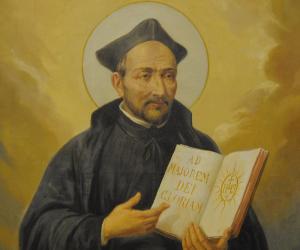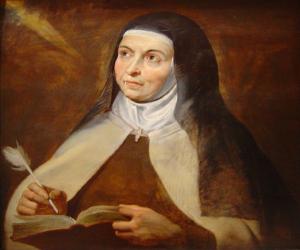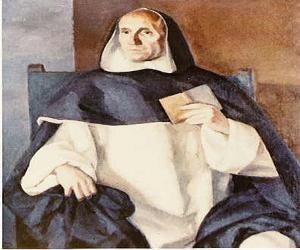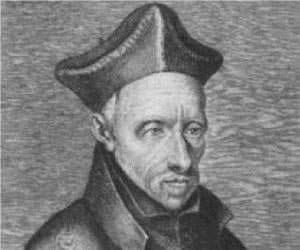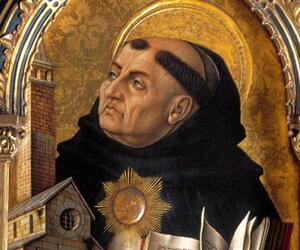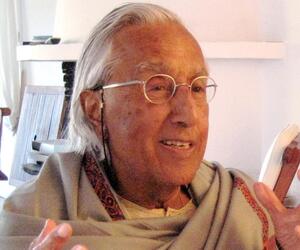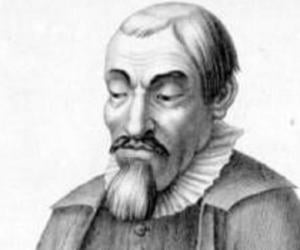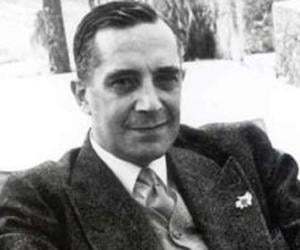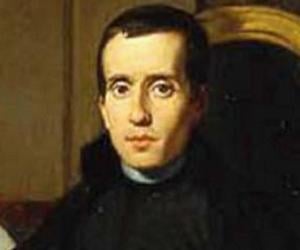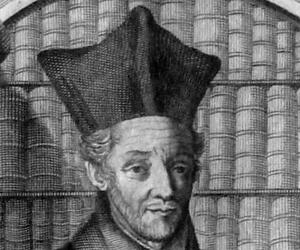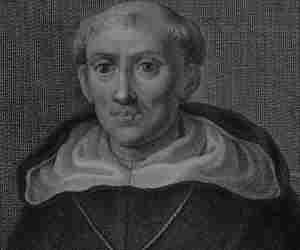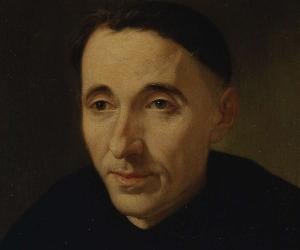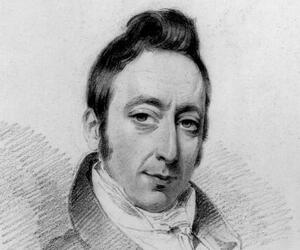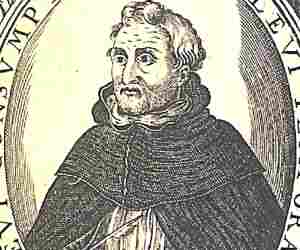1
Saint Ignatius of Loyola
(Priest, Confessor and Founder of the Society of Jesus)
Birthdate: October 23, 1491
Sun Sign: Libra
Birthplace: Azpeitia, Spain
Died: July 31, 1556
Saint Ignatius of Loyola was a Spanish-French Basque Catholic priest and theologian who founded the Society of Jesus (Jesuits) with six companions in 1541. He served as the first Superior General of the Jesuits in Paris and focused on missionary work and teaching. Ignatius introduced the fourth vow of obedience to the Pope for Jesuits and played a key role in the Counter-Reformation. He emphasized spiritual formation through the Spiritual Exercises, leading to the development of Ignatian spirituality. Ignatius was later canonized as a saint and declared the patron saint of spiritual retreats.
